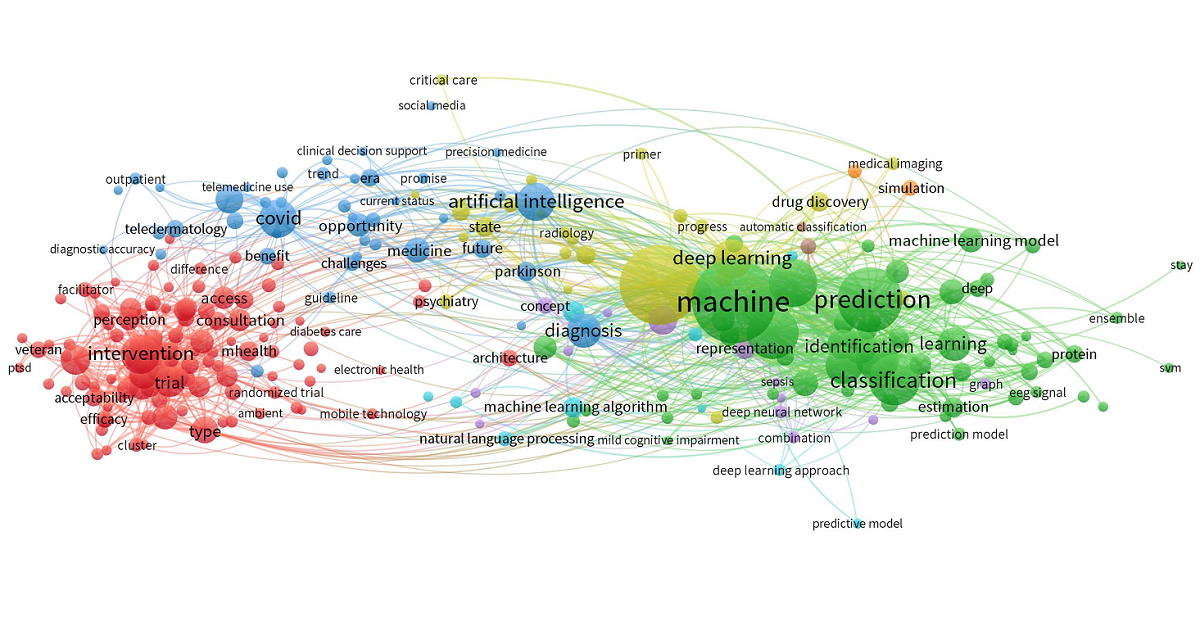AI Technologies for eHealth and mHealth, 2nd Edition
A special issue of Applied Sciences (ISSN 2076-3417). This special issue belongs to the section "Computing and Artificial Intelligence".
Deadline for manuscript submissions: 20 October 2025 | Viewed by 689

Special Issue Editors
Interests: health informatics; data modeling; data analysis; expert systems
Special Issues, Collections and Topics in MDPI journals
Interests: medical informatics; m-health; telemedicine
Special Issues, Collections and Topics in MDPI journals
Special Issue Information
Dear Colleagues,
The ongoing aging of modern societies will lead to a growing portion of society relying on the financial support of a shrinking workforce. At the same time, the sustainability of public health services is expected to be further affected by the application of new sophisticated and expensive imaging and diagnostic tools and processes developed for the care of widespread chronic diseases such as diabetes, cancer, and cardiovascular and neurological diseases. These trends will inevitably necessitate changes to the current healthcare system, even in the short run, and the only realistic answer to this challenge is preventive self-management supported by ambient assisted living devices, the IoT, and modern information technology that relies on artificial intelligence. It is the objective of this Special Issue to offer a cross-section of the current research related to all applications of AI in the eHealth and mHealth domains, with an emphasis on the following fields:
- Machine learning methods used for feature extraction, diagnostics, and personalized treatment recommendations. Within this field, special attention should be given to personalized and mobile lifestyle counseling for chronic disease prevention and management.
- Medical expert systems using traditional rule-based or case-based reasoning, or evolutionary/swarm intelligence algorithms, assisting medical professionals in research or daily care.
- Natural language processing methods for analyzing current and legacy textual records and implementing intelligent chat support for patients.
This Special Issue welcomes original research articles and review papers. Case studies and reports on controlled clinical trials are especially welcome.
Dr. István Vassányi
Dr. István Kósa
Dr. László Balkányi
Guest Editors
Manuscript Submission Information
Manuscripts should be submitted online at www.mdpi.com by registering and logging in to this website. Once you are registered, click here to go to the submission form. Manuscripts can be submitted until the deadline. All submissions that pass pre-check are peer-reviewed. Accepted papers will be published continuously in the journal (as soon as accepted) and will be listed together on the special issue website. Research articles, review articles as well as short communications are invited. For planned papers, a title and short abstract (about 100 words) can be sent to the Editorial Office for announcement on this website.
Submitted manuscripts should not have been published previously, nor be under consideration for publication elsewhere (except conference proceedings papers). All manuscripts are thoroughly refereed through a single-blind peer-review process. A guide for authors and other relevant information for submission of manuscripts is available on the Instructions for Authors page. Applied Sciences is an international peer-reviewed open access semimonthly journal published by MDPI.
Please visit the Instructions for Authors page before submitting a manuscript. The Article Processing Charge (APC) for publication in this open access journal is 2400 CHF (Swiss Francs). Submitted papers should be well formatted and use good English. Authors may use MDPI's English editing service prior to publication or during author revisions.
Keywords
- eHealth
- ambient assisted living
- personalized care
- machine learning
- medical expert systems
Benefits of Publishing in a Special Issue
- Ease of navigation: Grouping papers by topic helps scholars navigate broad scope journals more efficiently.
- Greater discoverability: Special Issues support the reach and impact of scientific research. Articles in Special Issues are more discoverable and cited more frequently.
- Expansion of research network: Special Issues facilitate connections among authors, fostering scientific collaborations.
- External promotion: Articles in Special Issues are often promoted through the journal's social media, increasing their visibility.
- Reprint: MDPI Books provides the opportunity to republish successful Special Issues in book format, both online and in print.
Further information on MDPI's Special Issue policies can be found here.






